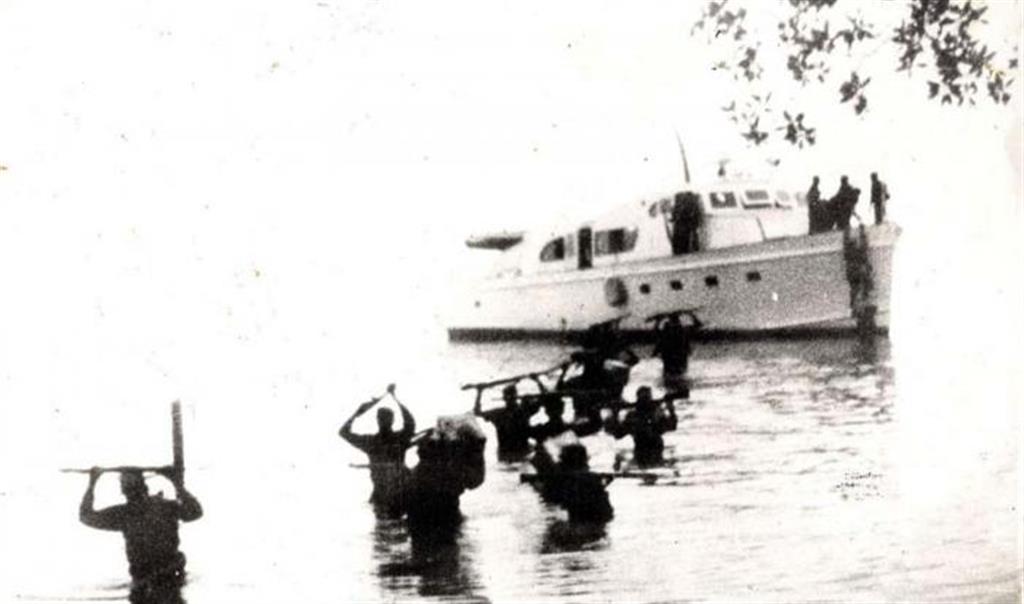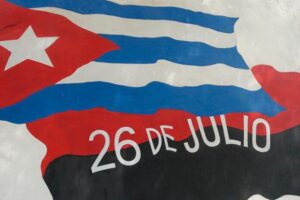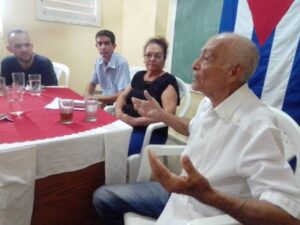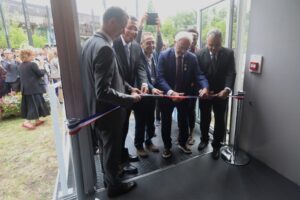The landing of 82 expeditionaries in the east of the country on the yacht Granma, 68 years ago today, changed the history of Cuba, as it was the beginning of the guerrilla struggle for definitive liberation.
In the early morning of 2 December 1956, those young men, led by Commander-in-Chief Fidel Castro, disembarked in an area of mangrove swamps in Las Coloradas, a remote corner of what is now Granma province.
The expedition had begun a tortuous voyage from the port of Tuxpan, Mexico, on 25 November aboard the Granma, a yacht built in 1943 with a length of 19.25 metres and a beam of just five metres.
The ship could only take on board 20 people, but it managed to accommodate all those young people, armed with more ideas than weapons, and determined to free Cuba from the tyranny of Fulgencio Batista.
Stormy seas, engine failures on the damaged ship, the excess weight it was carrying and the fall of a man into the sea made the journey longer and delayed the arrival, initially scheduled for 30 November.
This coincided with the armed uprising by the people of Santiago de Cuba, led by Frank País, which was intended to divert the attention of the military forces from the landing and fostered a climate of insurrectionary struggle throughout the country.
However, after the masquerade failed, the expeditionaries were besieged by the Batista army and air force and, with great difficulty and heavy losses, managed to reach the Sierra Maestra, the island’s main mountain range.
After being surprised and dispersed by Batista’s troops, the young men regrouped and formed the nucleus of the Rebel Army that fought the dictatorship in the eastern mountains of the island until the revolutionary triumph of 1 January 1959.
The survivors of the fighting after the disembarkation formed the embryo of the Revolutionary Armed Forces (FAR), formed after the revolutionary triumph of 1 January 1959 by Army General Raúl Castro, with the merger of the rebel forces with the workers’, peasants’, students’ and university militias.
For this reason, Cuba also celebrates FAR Day on 2 December.
The Armed Forces are composed of four Army Corps (Western, Central, Eastern and Youth Labour Corps) and carried out internationalist missions in several African countries to contribute to the processes of national liberation and the end of apartheid.




